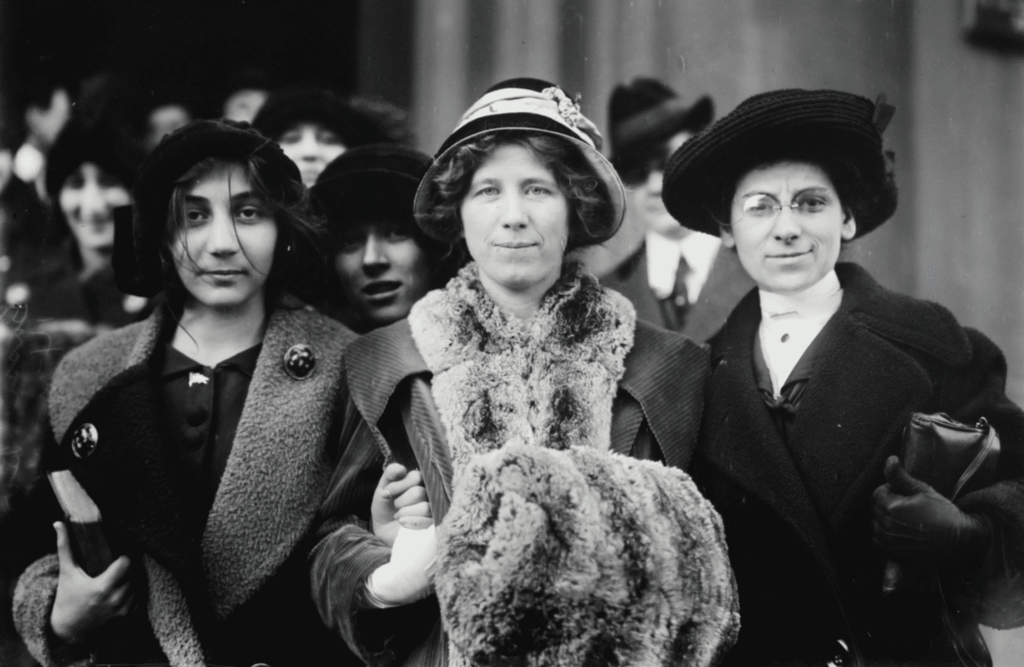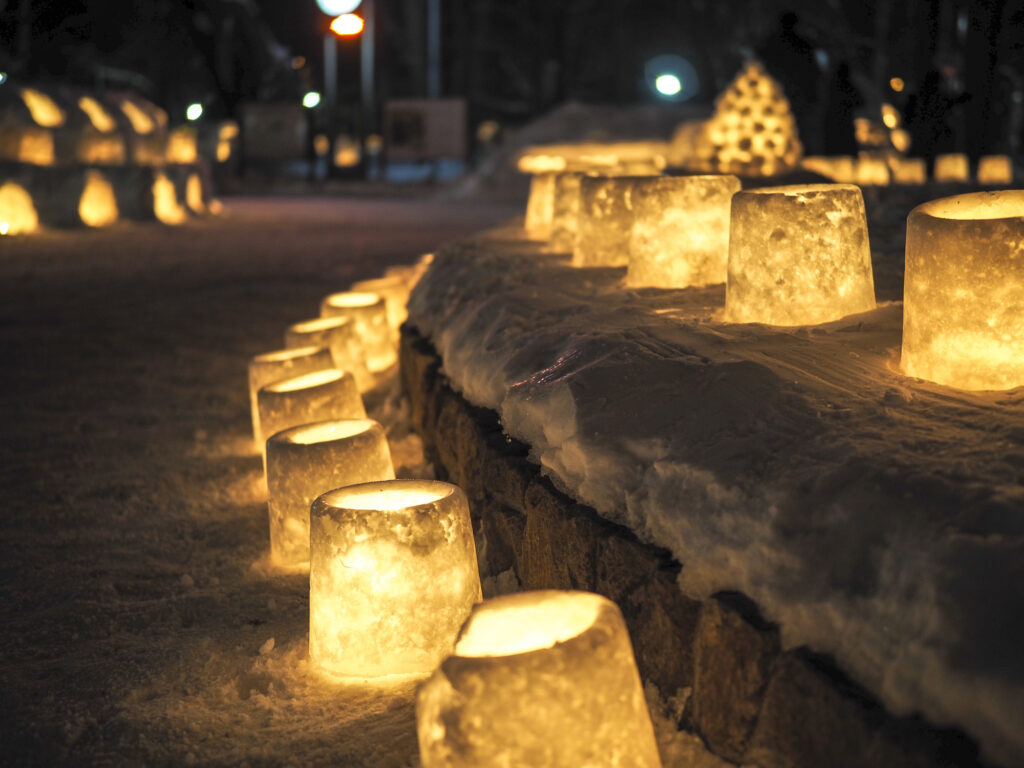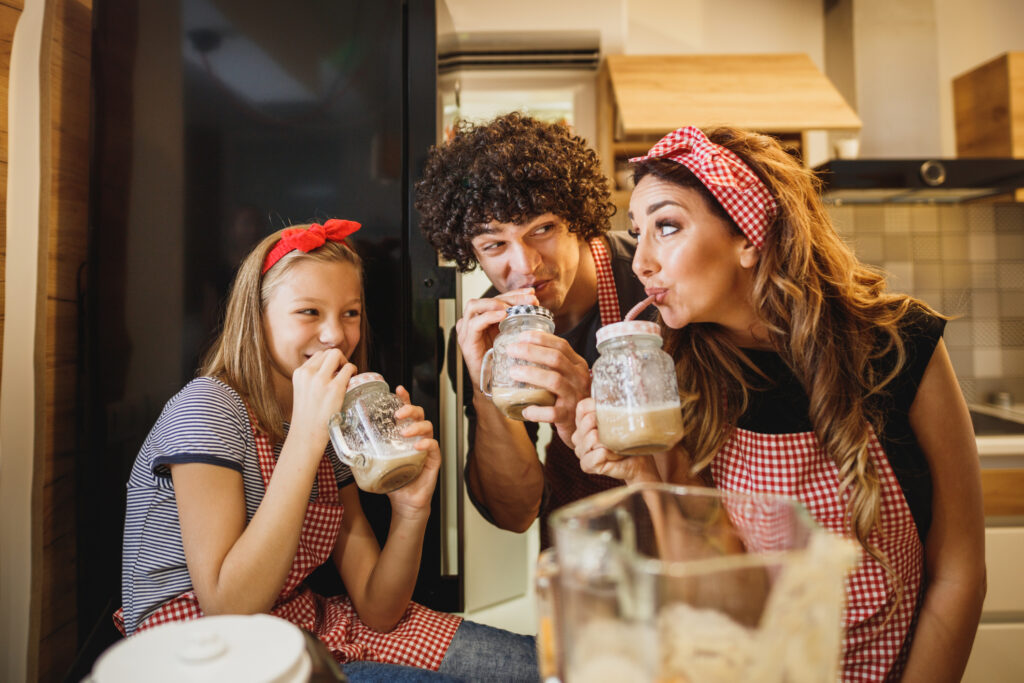When Jenavieve was in Grade 1, after being adopted by Daniel and Scott, a classmate teased her for having two dads.

Thankfully she had rehearsed this moment with her parents; hands on hips, the six-year-old retorted, “Well, I’m adopted and they’re the family I chose, so if you don’t like it, don’t look at them.” But this year, when Jenavieve’s Grade 3 class created a big mural with pictures of each student’s family, the nine-year-old from Ontario chose only to draw her three siblings, omitting her fathers. When Daniel asked why, she said she was afraid of being picked on if her classmates knew about her gay parents.
Throughout Canada, gays and lesbians are choosing parenthood, so much so that many refer to this period of time as the Gayby Boom. From extending marriage and adoption rights to gay and lesbian couples to granting funding for in vitro fertilization and other fertility treatments, Canadian law is opening the doors widely for same sex couples looking to raise children.
Clearly times have changed. “It’s easier now than it was even 10 years ago,” says Mona Greenbaum, Director of the LGBT Family Coalition and mother of two in Montreal. “When I was in my 20s, I never saw or heard about lesbian mothers, so the idea of becoming a parent didn’t even pop into my head. Now when I do groups for young gay people, they know that the choice is there and that the choice is possible and that there are lots of people who have already done it.”
Today’s gay couples not only have the law on their side; they also can see a multitude of images of gay and lesbian people and characters in public life and on TV, many of whom are also parents. Popular TV shows including Modern Family, Grey’s Anatomy and Brothers and Sisters all feature gay or lesbian characters involved in parenting and, even better, none of the shows is explicitly focused on being gay.
Perhaps because North American culture is now full of “out queer folk,” many gay and lesbian parents choose to take a laid back attitude about their identity in relating to their children. “I haven’t made a thing out of it with my son,” says Hanna Vorlicek, mother of 11-year-old Jakob from a suburb of Vancouver. “I didn’t walk around saying ‘Hey Jakob, I’m a lesbian.’ It was just a norm.” Eleven-year-old Pryia Beaton, who lives with “my mom and my Jo” in Sydney, N.S., says she is just like everyone else. “Different is relative,” she explained.
Daniel took a matter-of-fact approach with Jenavieve’s school. “We did go in and explain ‘here’s the scenario, if you have any questions or need any resources, let me know.’ We also purchased resources for the school and volunteered. When Mother’s Day comes along she can make a craft for her Grandma or her Auntie…we don’t make a big deal out of it so it’s not a big deal.”
Whitby, Ont., resident Barry Bedford, father to four-year-old Jayden, describes what happened when his adopted son asked him The Question: ‘Why don’t I have a mom?’ “You think that you’re about to have this big deep meaningful Hallmark moment, and I said, ‘Well, you don’t have a mom but you have a dad and a daddy who love you. Do you understand that?’ And he says, ‘Yup. Where’s my ball?’ OK, this didn’t really happen the way I thought it was going to. I’ve rehearsed this whole speech and now he’s off playing soccer.”
Many communities have organizations like Montreal’s LGBT Family Coalition, where children are able to meet and spend time with other kids with gay or lesbian parents. “I have lots of friends,” says Jakob. “We don’t think about it. We just play. And we know we’re not alone.”
But growing up with gay and lesbian parents is, in fact, different from growing up with straight parents and, despite tremendous progress, it’s not all smooth sailing. Barry, who in addition to being a dad is also Education Officer and Chair of the Durham District School Board’s first Anti-Homophobia steering committee, talked about homophobia in the process of adopting his son. “We went through three case workers; the second one said directly to our face and in front of his supervisor that nothing would make him happier than us not getting a child. When we stated we would take the matter further and would no longer work with this man, we got our final worker who was gay herself. Six months later we got our son.”
Daniel echoes Barry. He and husband, Scott, adopted four siblings who were in Canada’s foster care system. Everything seemed fine until they began the transition process with their kids’ foster family. “Jenavieve knew there would be two dads but she didn’t understand the whole gay thing,” he says. “She asked the foster mom why there wasn’t a mother in her new home, and the foster mom said, ‘they’re gay, they don’t like women.’ Jenavieve took it to mean we wouldn’t like her as a girl. So we had some setbacks there. We had to move the kids early and I had to take a leave of absence.”
Depending on the region, schools can be particularly difficult places, still, for gay-parented families. “I’ve had to get involved in several instances,” says Barry, “and it’s always quite amusing in my situation where I also happen to be gay. I’ve had phone calls from parents and they say, ‘are you aware that they have a book in the Beaverton Library called King and King where they have two guys get married?’ Then I reply, ‘Yes, I am aware of that.’ And they say, ‘You’re OK with that?’ And I say, ‘Well my husband and I don’t have a problem with it.’”
Several studies now exist that shed light on what school life is like for gay students and/or children from gay-parented families. The volunteer-based study published last May by the group Égale Canada Human Rights Trust, a national organization that conducts research and delivers educational programming on lesbian, gay, bisexual and trans human rights in Canada. The study, “Every Class in Every School: The First National Climate Survey on Homophobia, Biphobia, and Transphobia in Canadian Schools,” revealed that, in spite of recent gains, homophobia remains firmly entrenched in Canada’s schools, making gay students as well as students with gay parents vulnerable to insults, bullying and even physical violence.
Thirteen-year-old Matthieu, from Montreal, is the son of two moms and says his school experiences have been mixed. In Grade 1, he explained his family situation in front of his classmates, who rejected him because of these differences. In spite of their reactions, he says, “I have to admit I liked answering those questions because I’m proud of my family and I find it’s a good thing that they learn about that early in their lives.”
The Teachers’ Federation of Ontario put out a curriculum document
on homophobia. It includes a book for each grade, a lesson plan and a
follow-up activity. “It’s never been done in my school,” says Daniel,
who is also a kindergarten teacher.
on homophobia. It includes a book for each grade, a lesson plan and a
follow-up activity. “It’s never been done in my school,” says Daniel,
who is also a kindergarten teacher.
In fact,
teachers often skirt the topic. “My religious and moral culture teacher
mentioned that gay people really do exist,” says Matthieu, shaking his
head, “and that it depends on how open-minded you are if you accept them
or not.”
teachers often skirt the topic. “My religious and moral culture teacher
mentioned that gay people really do exist,” says Matthieu, shaking his
head, “and that it depends on how open-minded you are if you accept them
or not.”
He doesn’t see teachers or
administrators addressing homophobia the way they address racism. Barry
agrees. “In my experience as an educator, an administrator, and now an
offi cer, teachers would rarely tolerate anybody dropping the N-bomb,
but you hear ‘that’s so gay’ or ‘fag,’ and the only response is, ‘well,
boys will be boys.’ ”
administrators addressing homophobia the way they address racism. Barry
agrees. “In my experience as an educator, an administrator, and now an
offi cer, teachers would rarely tolerate anybody dropping the N-bomb,
but you hear ‘that’s so gay’ or ‘fag,’ and the only response is, ‘well,
boys will be boys.’ ”
School cultures are slow
to change, although with the new laws, more and more school districts
are implementing antihomophobia policies, which the Égale study found
are signifi cantly effective in reducing bullying. Most of Mona
Greenbaum’s work with the Association Homoparentale at this point is
developing and delivering antihomophobia teacher training, funded by the
Ministry of Education.
to change, although with the new laws, more and more school districts
are implementing antihomophobia policies, which the Égale study found
are signifi cantly effective in reducing bullying. Most of Mona
Greenbaum’s work with the Association Homoparentale at this point is
developing and delivering antihomophobia teacher training, funded by the
Ministry of Education.
Probably the last and
most difficult front where homophobia resides is in gay and lesbian
parents themselves, in the form of internalized homophobia. “Jayden
loves to dance and sing,” says Barry. “I’m terrified to let him get
involved in that. I hate myself for saying that. But I think, are people
going to think that because he has gay parents that we pushed him into
that?”
most difficult front where homophobia resides is in gay and lesbian
parents themselves, in the form of internalized homophobia. “Jayden
loves to dance and sing,” says Barry. “I’m terrified to let him get
involved in that. I hate myself for saying that. But I think, are people
going to think that because he has gay parents that we pushed him into
that?”
But many gay parents also say that
their children have benefitted from their unusual family structure. “I
just know my mom likes girls and I do too,” said Jakob. “It’s cool cause
mom is different.” Carie Beaton says, “I think Pryia has benef tted
more than anything. She was a very quiet child, very introverted, she
didn’t have the greatest self-esteem. Since this relationship with Jo,
she has really come into herself. She was right there at the front of
the Pride Parade this year. She comes out and joins us in rallies and
has found her voice, growing as an individual and learning that she can
be an individual and that’s OK.”
their children have benefitted from their unusual family structure. “I
just know my mom likes girls and I do too,” said Jakob. “It’s cool cause
mom is different.” Carie Beaton says, “I think Pryia has benef tted
more than anything. She was a very quiet child, very introverted, she
didn’t have the greatest self-esteem. Since this relationship with Jo,
she has really come into herself. She was right there at the front of
the Pride Parade this year. She comes out and joins us in rallies and
has found her voice, growing as an individual and learning that she can
be an individual and that’s OK.”
When asked if he ever worried he might be gay because his moms are, Matthieu responded, “Why would being gay be a worry?”
Originally published in ParentsCanada, April
2012










